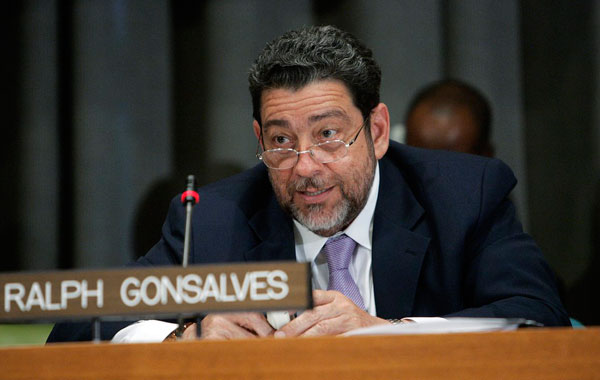Not surprisingly, the Washington D.C-based International Monetary Fund (IMF) has seen it fit to warn Caribbean Community countries, which have developed a ‘dollars for local citizenship scheme’ not to depend too much on it as a reliable income source as the developed world could easily crush these programs if they only feel that they are not properly administered.
The fund held a rare press conference in Washington at the weekend and used the opportunity to indicate that while economic citizenship schemes could indeed bring in much needed revenues, these have to be managed properly.
Its cautions to countries such as St. Kitts, Dominica, Antigua and Grenada have come in the wake of similar expressions of concerns from the U.S., Canadian and other western governments as well as international security organizations, which now worry that undesirables are using the economic citizenship route to obtain visas and entry to countries that would normally reject them.
Dominica’s neighbor, St. Vincent and the Grenadines, has flatly refused overtures to establish such a program. Prime Minister Ralph Gonsalves has said that such would not be in place in his political lifetime.
Canada, for example, complained so bitterly about some of those granted citizenship and local passports by the previous Denzil Douglas administration in St. Kitts and sister federation island, Nevis, that it quickly and unapologetically ordered that Kittians must now apply for visas to travel to Canada because it is concerned about the security of the program.
Adrienne Cheasty who is the IMF’s deputy director for Western Hemispheric affairs says that while the programs are still in place and are a “valuable windfall to some countries in the area it is very important that the programs be managed very impeccably. For example, if Canada or the European Union felt the programs were not being managed well, they could disappear,” she said.
The issue was a key agenda item on the mid-January general elections in St. Kitts that saw the Douglas administration being voted out of office largely because of credible domestic and international allegations about corruption and officials siphoning off monies from the schemes.
In St. Kitts for example, a foreigner can buy citizenship, a local passport and other forms of credible photo state identification by acquiring real estate worth a minimum of $400,000 or donate $250,000 to a sugarcane diversification fund.
High production costs and reductions in purchasing prices by the European Union in 2005 forced the island to abandon sugar cane cultivation and production after about 400 years. Trinidad followed suit shortly after leaving production in the community up now only to Guyana, Jamaica, Belize and Barbados.
As an indication of how focused the western world is on the citizenship schemes, the American Crimes Enforcement Network has found it necessary to issue international advisories complaining that authorities in St. Kitts in particular were allowing foreigners who had passports to abuse the program.
On the other hand, the IMF has indeed acknowledged that revenues from economic citizenship had helped to drive a healthy annual growth rate of about seven percent last year.


























